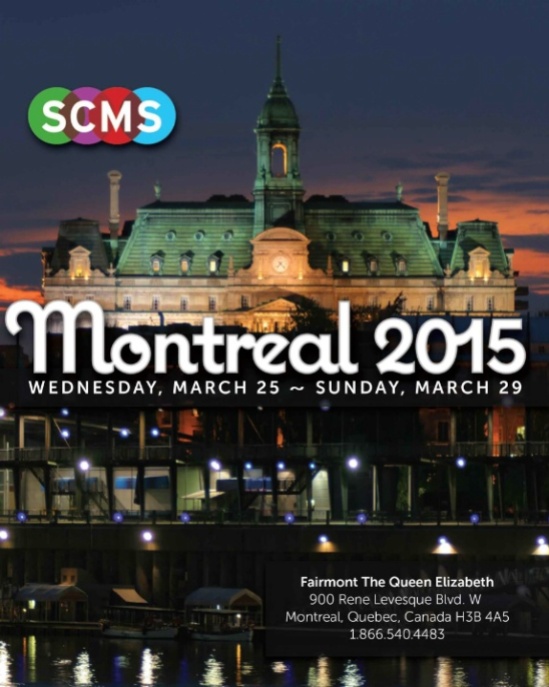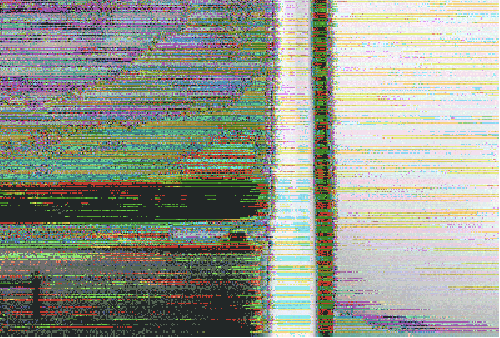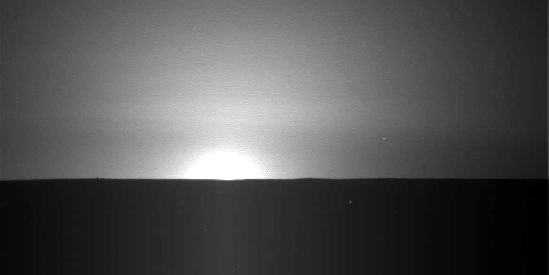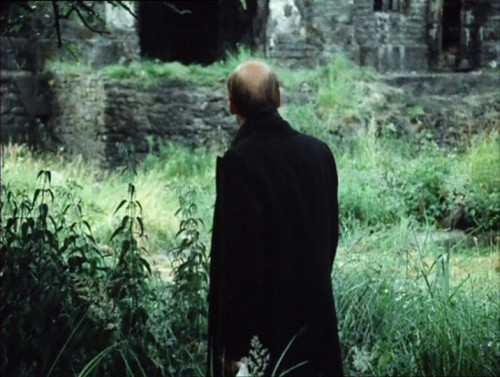Speculative Ecologies of (Post-)Cinema
Adrian Ivakhiv (University of Vermont)
Three sets of intellectual developments frame this paper: (1) debates over the “end of cinema” (and rise of “post-cinema”) in the wake of digital media; (2) recognition across diverse fields that global ecological change—especially, though not solely, impending climate change—is forcing a rearticulation of disciplinary goals and broad societal values; and (3) an upsurge in speculative philosophy, including film and media philosophy, that reconceptualizes sociality, materiality, and relationality in diverse and mutually imbricated ways.
This paper sets out to articulate these three developments together. The emergence of cinema as the “eye of the [twentieth] century” (Cassetti 2008) and its subsequent mutation into something different at the beginning of the twenty-first, and the emergence of ecology as a dominant way of understanding the human-Earth relationship, have not yet been brought and thought together in a sustained way. To do this, I propose a speculative model of cinema, technology, and reality—a process-relational, semiotic-machinic, and “morphogenetic” model rooted in Whitehead, Peirce, and Deleuze/Guattari—to make sense of the ways in which digital cinema reaffirms the lively, kinematic animacy of all things cinematic and extra-cinematic.
Articulating the connections between cinema, semiosis, and materiality makes it possible to conceive of cinema (including digital cinema) as a particular political-ecological articulation of carbon-based life (or biosemiosis). But life, or the semiotic (in Peirce’s terms), exceeds the living. It is machinic (in Deleuzo-Guattarian terms), networked (in Bruno Latour’s), morphogenetic and perpetually differentiating (Deleuze/DeLanda). In this light, I consider what a “post-carbon” cinematic materiality, a materiality beyond the era of petrochemicals—the Capitalocene—might look like, and how digitality, with its proliferation of new forms and its shift to technologies of “the cloud,” affects the possibilities for reclaiming a semiotic commons.
Bibliography:
Bozak, Nadia. The Cinematic Footprint: Lights, Camera, Natural Resources. New Brunswick, NJ: Rutgers University Press, 2011.
Cassetti, Francesco. Eye of the Century: Film, Experience, Modernity. Tr. E. Larkin with J Pranolo. New York: Columbia University Press, 2008.
Ivakhiv, Adrian, Ecologies of the Moving Image: Cinema, Affect, Nature. Waterloo, Ontario, Canada: Wilfrid Laurier University Press, 2013.
Mullarkey, John, Refractions of Reality: Philosophy and the Moving Image. Basingstoke, Hampshire: Palgrave Macmillan, 2009.
Shaviro, Steven, Post-Cinematic Affect. Winchester: Zero Books, 2010.
Author Bio:
Adrian Ivakhiv is Professor of Environmental Thought and Culture at the University of Vermont. His research focuses at the intersections between ecology, culture, media, affect, and identity. His books include Ecologies of the Moving Image: Cinema, Affect, Nature (2013) and the forthcoming Why Objects Fly Out the Window: An Eventology Manifesto, in the Whiff of its Passing. He blogs at Immanence: EcoCulture, GeoPhilosophy, MediaPolitics.




